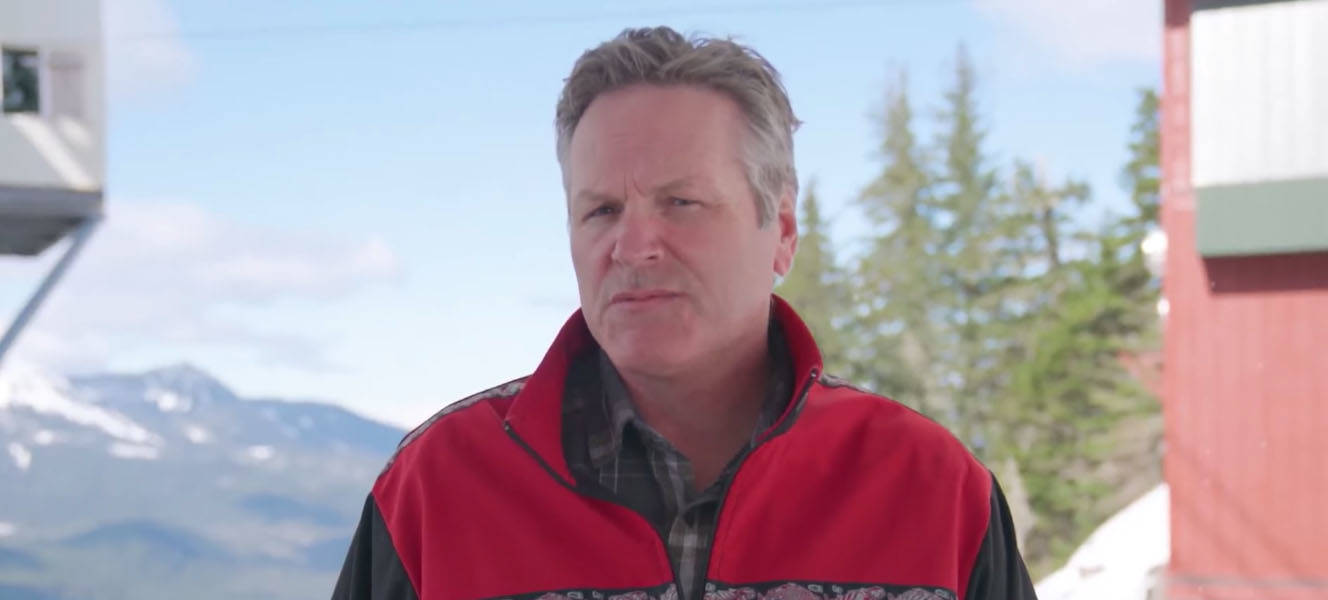The State of Alaska has launched its “Sleeves up For Summer” mass vaccination campaign, in an effort to increase COVID-19 immunity before the tourist season hits this summer.
Alaska Department of Health and Social Services Nurse Tessa Walker Linderman said during a press briefing on Thursday that the department’s new goal is to increase the vaccination rate by 25% before June 1.
In one of the campaign’s promotional videos from the DHSS, Gov. Mike Dunleavy encouraged Alaskans to get vaccinated against COVID-19.
“I’m getting the vaccine because I want to help Alaska businesses get back to work,” the governor said in the video. “If you’re willing, we hope you’ll join us. Sleeves up for summer. Let’s get Alaska up and running.”
Statewide, around 49.8% of people ages 16 and older have received at least one COVID vaccine dose. In the Kenai Peninsula Borough, that number is 41.8%.
If the state meets the goal, almost 75% of eligible Alaskans will have gotten at least their first shot by June 1. Officials estimate that anywhere between 70% and 85% of the U.S. population will need immunity through vaccination before they see a significant decrease in community spread.
Chief Medical Officer Anne Zink has said in previous press briefings that the best way for employers and employees to have a profitable summer is by choosing to get vaccinated against COVID-19.
In a DHSS informational session on workplace considerations last week, State Epidemiologist Joe McLaughlin said that not only can COVID-19 be physically taxing, but that it can be a financial burden. He said the average hospital stay in the U.S. for COVID-related illnesses is around $10,000, that number increasing to $40,000 for intensive care unit patients.
“Again, the cost of the vaccine is free,” McLaughlin said last week.
Dale Williamson, an industrial hygienist with the Department of Labor and Workforce Development, said in last week’s briefing that employers will need to adapt as people return to work in person.
He emphasized the importance of appointing a COVID workplace coordinator and updating virus mitigation and testing policy.
Brandon Field, an occupational state compliance officer, said during the briefing that employers should also provide an anonymous system in which employees can voice their concerns over COVID protocols.
“This is almost equally as bad of a mental health crisis as it is anything else,” he said.
The state of Alaska is not mandating vaccination, but different business owners can make their own decisions regarding a vaccine requirement.
McLaughlin presented data in last week’s briefing that stated employers covered by the Americans with Disabilities Act “may be entitled to an exemption … from taking the influenza vaccine.”
Similarly, under the Title VII of the Civil Rights Act of 1964, “once an employer receives notice that an employee’s sincerely held religious belief, practice, or observance prevents him from taking the influenza vaccine, the employer must provide a reasonable accommodation unless it would pose an undue hardship.”
McLaughlin said he wanted to emphasize that if an employer requires employees to provide proof of vaccination, they may not require any medical information as part of the proof.
He advised business owners to consult with a company attorney when deciding whether or not to mandate COVID-19 vaccination for employees.
Reach reporter Camille Botello at camille.botello@peninsulaclarion.com.

